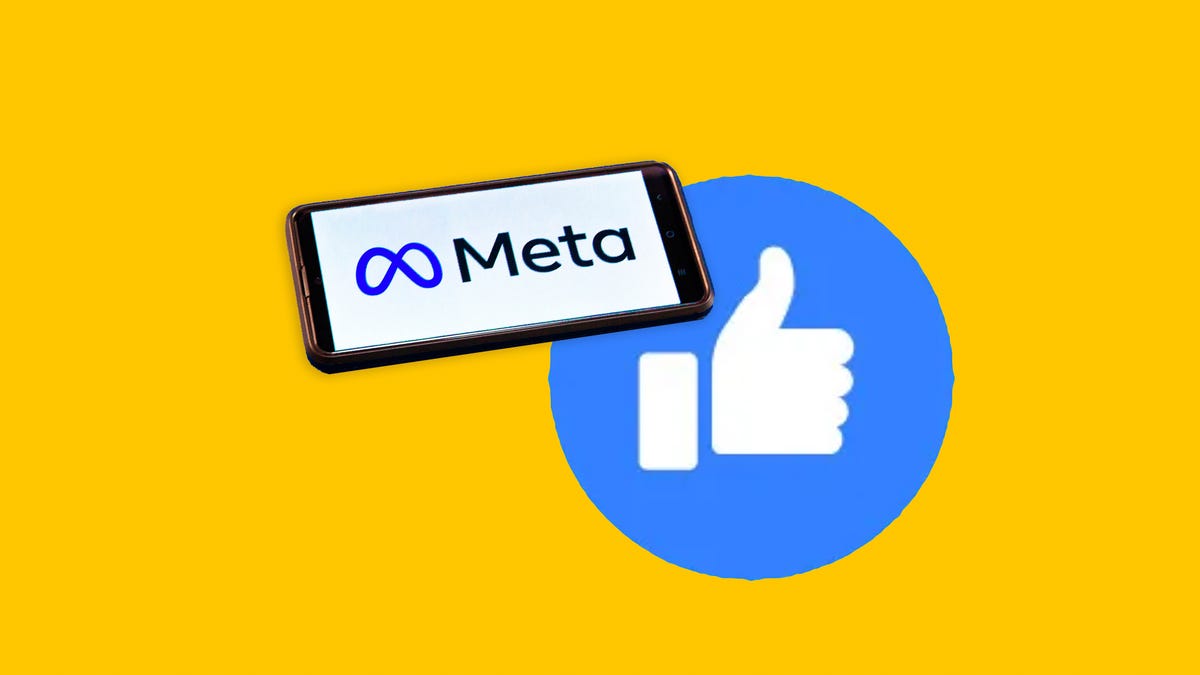Facebook Parent Meta Rolls Out Ad Tech Changes to Prevent Discrimination
The social media giant says ads will be distributed more fairly across demographic groups.

Meta is the parent company of Facebook and photo service Instagram.
Facebook parent Meta said Monday it rolled out changes that aim to address concerns that the system the company uses to deliver ads could be potentially biased.
The update to Meta's ad technology comes after the social media giant settled a lawsuit with the US Department of Justice in 2022 over allegations that the company allowed landlords and home sellers to run discriminatory housing ads. As part of the settlement, Meta agreed to stop using a housing ad tool and develop a new system to tackle this issue.
Meta has rules against discriminatory ads but the company faced complaints that advertisers could abuse Facebook ad tools to exclude people from housing, employment opportunities or even financial services. Facebook allows advertisers to target ads at people based on the interests, demographics and behavior of the social network's users. It then uses what's called an "ad auction" to figure out what ad to show a user at a certain time.
Meta made changes such as limiting what characteristics certain advertisers can use to reach potential customers.
"But even without these sorts of targeting options, factors such as people's interests or activity on a service could affect how ads are distributed to different demographic groups," said Miranda Bogen, policy manager for responsible AI at Meta, in a blog post.
Meta said the update, known as the Variance Reduction System, is meant "to help ensure that the audience that ends up seeing a housing, employment, or credit ad more closely reflects the eligible targeted audience for that ad." To do so, the company said it will compare the audience of a particular ad to the characteristics such as age and estimated race or ethnicity that advertisers select to target. The social network said it's using aggregate data because of privacy concerns.
Facebook is applying this new system to US housing ads and plans to expand the VRS to employment and credit ads over the next year.
The Justice Department said Meta for the first time will be subjected to court oversight for its ads system and Guidehouse will review whether the change meets certain metrics.
"Federal monitoring of Meta should send a strong signal to other tech companies that they too will be held accountable for failing to address algorithmic discrimination that runs afoul of our civil rights laws," Kristen Clarke, assistant attorney general for civil rights at the Justice Department, said in a statement.

